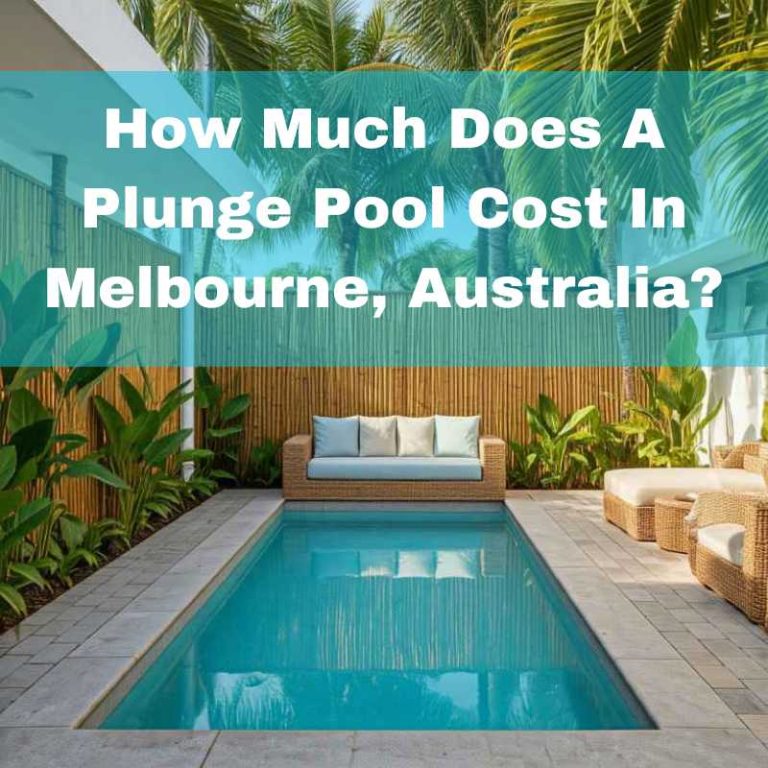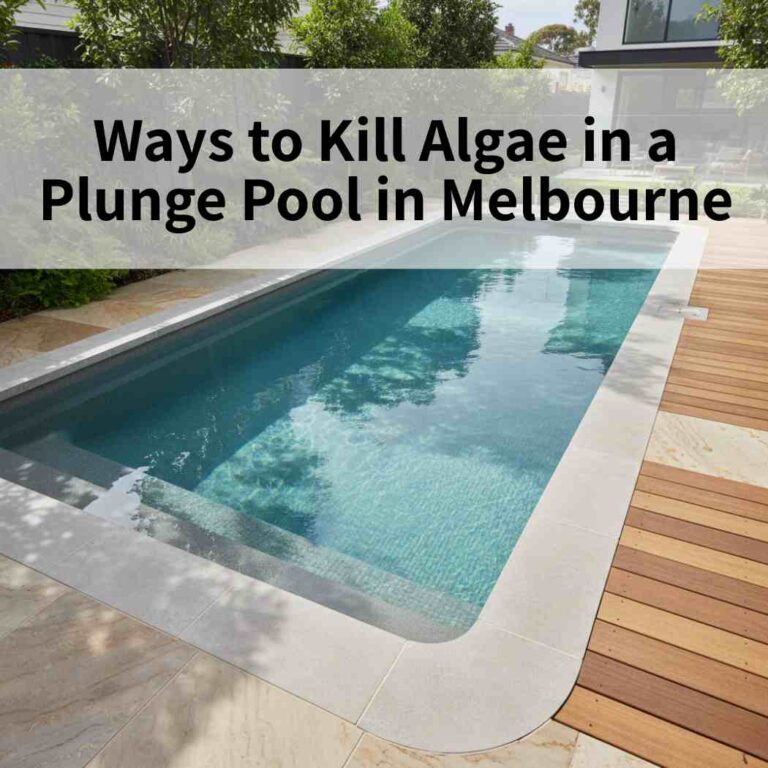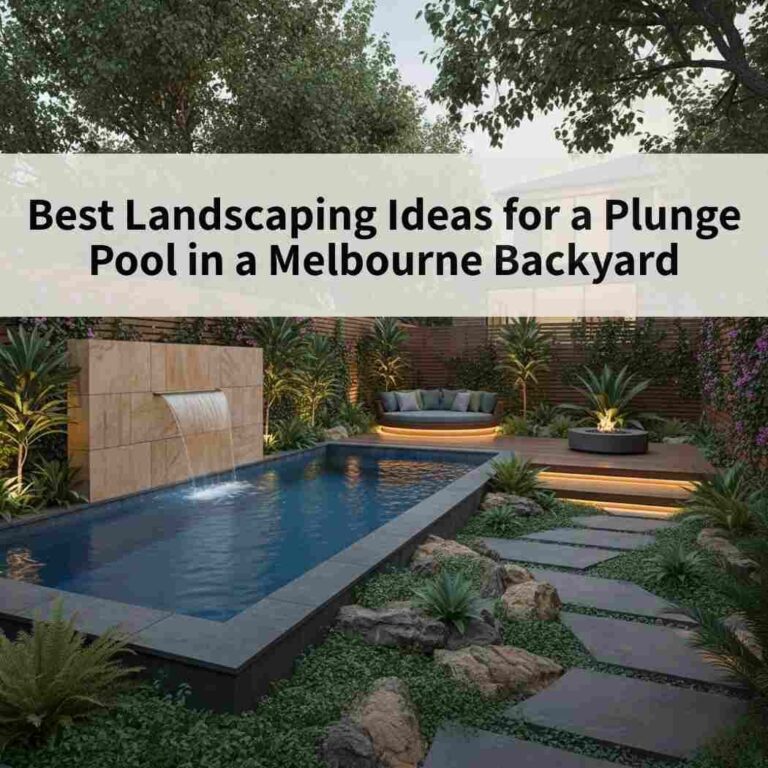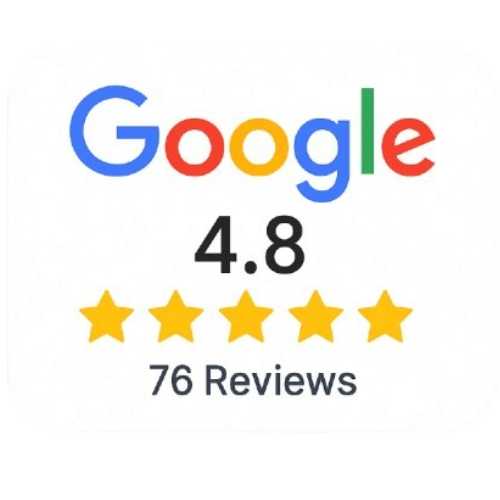At Plunge Pools Melbourne, we are experienced plunge pool builders in Melbourne who help homeowners design outdoor spaces with high-quality plunge pools. Whether you want an above-ground pool for convenience or an in-ground option for a sleek look, our team provides expert guidance to make the process simple and stress-free.
This guide covers the types of plunge pools, their costs, and the key factors that influence pricing. You’ll also find tips for selecting a pool that fits your budget.
Table of Contents
ToggleWhat is a Plunge Pool?
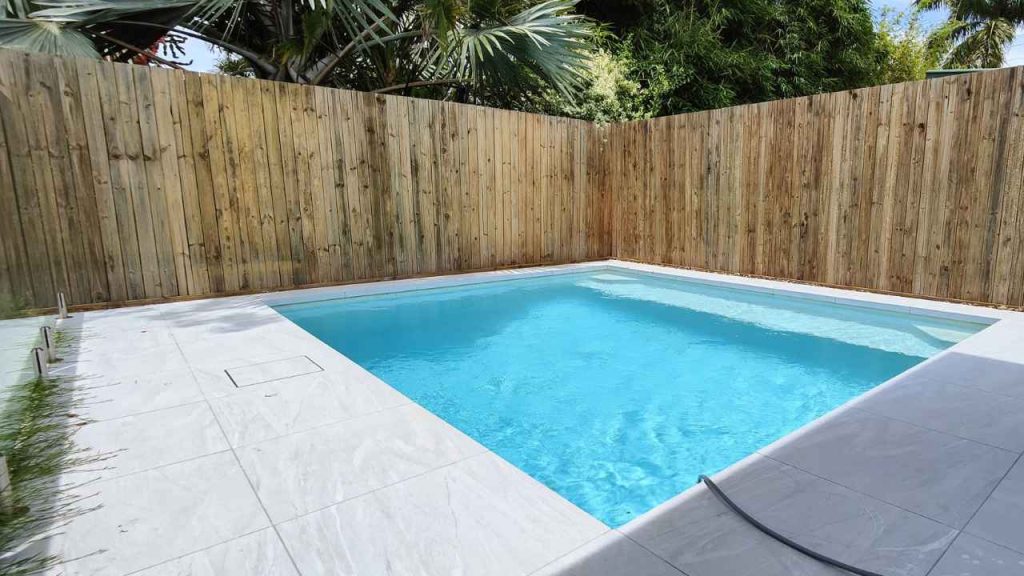
A plunge pool is a small swimming pool designed for relaxation rather than swimming laps. These pools typically range from 2 to 7 metres in length and 1 to 2 metres in depth, making them ideal for Melbourne backyards with limited space. Small plunge pools can include features like heating, swim jets, and lighting, offering flexibility to match your needs and preferences.
Why Are Plunge Pools Popular in Melbourne?
Space-Efficient Design
In Melbourne’s urban homes, backyards are often compact. Unlike a regular swimming pool, plunge pools provide the luxury of a pool without taking up too much space, making them a smart choice for homeowners with limited outdoor areas.
Cost-Effectiveness
Plunge pools are significantly cheaper to install and maintain than full-sized swimming pools. With options for all budgets, they are an affordable way to enhance your backyard.
Eco-Friendly and Low Maintenance
Plunge pools use less water and fewer chemicals than traditional swimming pools. Their smaller size also makes them easier to clean and maintain, reducing upkeep and giving you more time to enjoy your outdoor retreat.
Types of Plunge Pools and Their Costs
The following cost ranges are based on real-world Melbourne supplier averages and installation insights from local builders.
Above-Ground Plunge Pools
Above-ground plunge pools are affordable and easy to install. They do not require excavation, which reduces labour and time.
According to our supplier network, most above-ground plunge pools in Melbourne typically range between $32,000 and $65,000, depending on factors such as pool size, site access, and the inclusion of heating or lighting upgrades. Homeowners with straightforward installation conditions often benefit from faster setups and lower crane hire costs.
Above-ground plunge pools are ideal for homeowners seeking a budget-friendly option with minimal installation complexity.
In-Ground Plunge Pools
In-ground plunge pools offer a sleek, integrated look that enhances property value. According to local builder insights, professionally installed in-ground concrete plunge pools in Melbourne typically start around $45,000 and can rise toward $65,000 depending on excavation difficulty, site access, and customisation features like heating, lighting, and decking. Homeowners should also factor in potential additional costs for soil removal, permits, and landscaping.
Inground pools are a great choice for those wanting a high-end design that seamlessly blends into their backyard.
Want a Full Custom Quote?
Contact our Melbourne plunge pool experts today for a detailed quote and expert advice.
Get My Free Quote ➔Why Are Above-Ground Pools Cheaper?
Above-ground plunge pools are generally more affordable because they reduce complexity, not because they are lower quality.
By avoiding excavation and minimising structural preparation, above-ground installations typically:
- Shorten installation timeframes
- Reduce labour requirements
- Lower risk related to soil conditions
That said, above-ground pools are still affected by access. If crane reach is limited or installation distance is excessive, cost savings can shrink quickly.
For homeowners with clear access and a straightforward layout, above-ground plunge pools remain one of the most cost-effective ways to add a pool in Melbourne.
Custom vs. Prefabricated Plunge Pools
Prefabricated Pools (Precast and Fibreglass)
Prefabricated plunge pools, including precast and fibreglass options, are manufactured in factories and delivered ready for installation.
Prefabricated plunge pools, including precast and fibreglass options are factory-manufactured and delivered ready for installation, offering an affordable and efficient option. Supplier network estimates suggest above-ground precast plunge pools generally cost between $30,000 and $65,000 for standard Melbourne installations.
In-ground precast options typically start slightly higher, around $40,000, due to excavation and installation requirements. Precast pools provide significant value for homeowners with good site access and straightforward installation conditions.
Precast and fibreglass pools are practical choices for homeowners who want a cost-effective solution, provided their property has sufficient access for delivery and installation.
Custom Pools
Custom-designed plunge pools are ideal for homeowners seeking tailored solutions for unique spaces or specific design preferences. Based on supplier and builder feedback, fully custom plunge pools in Melbourne typically start from $50,000, with final costs influenced by design complexity, access challenges, and optional upgrades like spa jets or energy-efficient heating systems. Custom projects also benefit homeowners with tight backyard access where precast lifting may not be feasible.
Summary Table: Comparing Costs
| Type of Plunge Pool | Average Cost | Key Features |
|---|---|---|
| Above-Ground Fibreglass Pool | $30,000 – $65,000* | Easy to install, slightly lower excavation costs |
| In-Ground Fibreglass Pool | $40,000 – $65,000* | Durable, seamless design |
| In-Ground Concrete Pool | $40,000 – $65,000* | Customisable, high-end finish |
| Custom Plunge Pool | $40,000 – $65,000* | Designed to fit specific spaces and needs |
| DIY Plunge Pool Kits | $2,000 – $10,000* | Cost-effective but labour-intensive |
Based on estimates from our supplier network, most plunge pools in Melbourne fall between $30,000 and $65,000 for standard installations and can go up depending on the level of customisations.
Understanding What’s Included in Pool Pricing
All pricing listed in this guide is inclusive of standard materials and installation but may or may not include GST, landscaping, fencing, or permit costs unless otherwise noted. Always confirm with your builder what is included in the quote to avoid surprises.
Free Pool Calculator – Find Out How Much Your Plunge Pool Will Cost
Instantly Estimate Your Plunge Pool Cost in Melbourne
Use our free plunge pool cost calculator to get an accurate quote based on your pool type, size, and site conditions. It only takes 60 seconds.
Start Your Pool Cost Estimate Now ➔Factors That Influence Plunge Pool Costs
When planning a plunge pool project in Melbourne, it’s important to understand how different factors affect pricing. These include materials, installation, and customisations, all of which impact your final budget.
Supplier estimates suggest that precast plunge pools are among the most cost-effective options in Melbourne, particularly for homeowners with easy site access and standard installation needs.
In practice, access limitations alone can add $5,000 to $15,000 to a plunge pool installation or determine whether a particular pool type is viable at all.
Material Options
1. Fibreglass Plunge Pools
- Cost: $30,000 to $65,000
- Why Choose It? High-quality fibreglass is lightweight, durable, and quick to install, making it the most popular choice for Melbourne homeowners. Prefabricated high-quality fibreglass pool shells allow for easy setup, but customisation options may be limited.
2. Concrete Plunge Pools
- Cost: $40,000 to $65,000
- Why Choose It? Concrete pools are highly durable and can be customised to suit unique designs or layouts. These pools are typically built into the ground, offering a seamless and integrated look. While they provide design flexibility, they come with higher installation costs and require resurfacing every 10–15 years.
3. Custom Plunge Pool
Same as concrete and fibreglass plunge pools, custom plunge pools typically start from $40,000 and can go up to $65,000, depending on the customer’s taste and the level of customisation desired. Custom plunge pools offer the advantage of being fully tailored to suit specific spaces and unique needs. This flexibility allows homeowners to choose everything from size and shape to added features like heating, lighting, or swim jets, making custom pools a perfect choice for those seeking a personalised backyard retreat.
Size and Shape
The size and shape of a plunge pool play a significant role in determining its cost. Standard plunge pools range from 2 to 7 metres in length, with smaller pools being more affordable due to reduced material and labour requirements.
| Pool Size | Cost Estimate |
|---|---|
| Small (2-4 metres) | $15,000 – $25,000 |
| Medium (4-6 metres) | $25,000 – $50,000 |
| Large (6-7 metres) | $50,000 – $80,000+ |
Site Access and Distance from the Street (Often the Biggest Cost Driver)
One of the most overlooked cost factors for plunge pools in Melbourne is site access.
In real installations, the distance from the road, side access width, overhead power lines, neighbouring structures, and tree coverage often matter more than the pool type itself. These conditions determine whether a pool can be craned into position safely and which crane size is required.
On straightforward sites with clear access, installation costs remain predictable. However, on tighter inner-suburban blocks, access constraints can:
- Require larger crane sizes
- Increase crane hire time
- Limit which pool types are feasible
In some cases, even very large cranes cannot safely reach the intended pool location. When that happens, homeowners may need to redesign the layout, switch to a custom-built pool, or accept higher overall costs.
This is why a professional site assessment should always come before locking in a pool type or budget.
Landscaping and Decking
Adding decking, paving, or landscaping improves the visual appeal and functionality of your plunge pool. These enhancements can elevate the overall experience but come with additional costs.
- Average Cost: $5,000 or more, depending on materials and complexity.
- Examples: Timber decking, stone paving, or integrated lighting.
Regulations and Permits
In Melbourne, it’s also important to check with your local council, as requirements can vary between municipalities. For instance, some councils may require a site inspection before permit approval or offer sustainability rebates for eco-friendly pool features like solar heating or rainwater reuse systems. Pool pricing and compliance can vary a lot by state. This guide is specific to Melbourne and Victorian conditions, but if you’re planning a plunge pool in Queensland or comparing costs and approvals across states, you can find out more with our Brisbane partner.
- Fencing Costs: $150–$250 per metre.
- Permit and Compliance Fees: $2,000–$5,000.
- Key Requirement: Ensures your pool meets legal safety guidelines and avoids potential penalties.
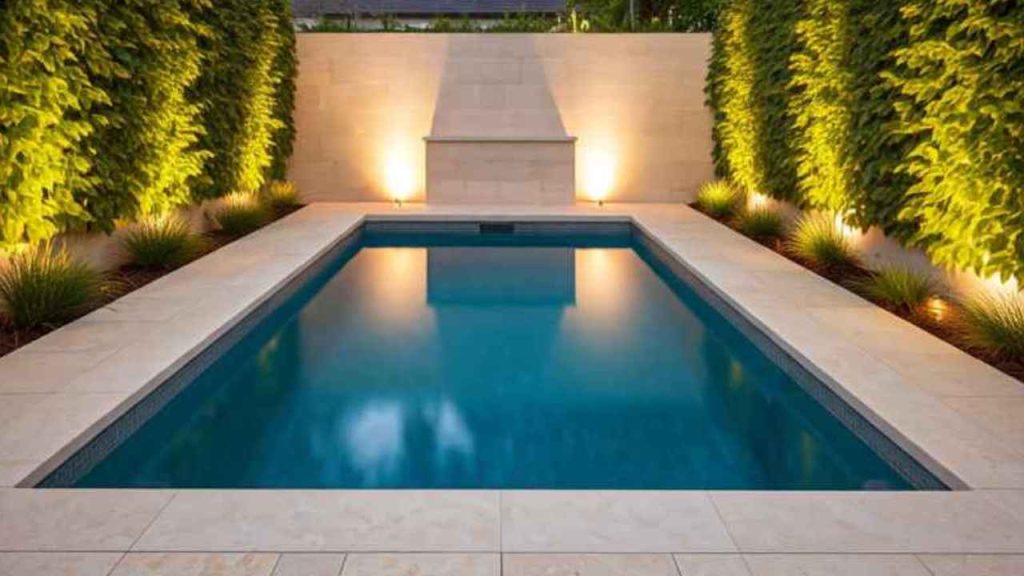
Detailed Cost Breakdown for Add-ons and Accessories
Upgrading your plunge pool with features can elevate your experience, but they come with added expenses. Here’s a detailed breakdown:
| Add-On | Cost Range | Benefits |
|---|---|---|
| Heating Systems | $3,000 – $5,000 | Enjoy year-round use with energy-efficient heat pumps. |
| Swim Jets | $2,000 – $5,000 | Create a fitness-friendly pool for resistance training. |
| Spa Jets | $1,500 – $4,000 | Relax with hydrotherapy for sore muscles and stress relief. |
| LED Lighting | $500 – $1,500 | Extend pool use into the evening with stylish lighting. |
| Self-Cleaning Systems | $1,000 – $3,500 | Reduce maintenance time with automated cleaning solutions. |
Need help deciding which features matter most??
Our experts are ready to help.
Book a Consultation ➔Installation Options and Hidden Costs
DIY Installation
DIY plunge pool kits are an option for homeowners aiming to reduce costs. These kits typically range from $2,000 to $10,000, depending on size and material.
Advantages:
- Lower upfront expenses.
- Flexible installation schedule.
- Personal satisfaction from completing the project.
Disadvantages:
- Risk of improper installation, leading to leaks or structural issues.
- Additional costs for tools, materials, and potential repairs.
- Time-consuming and requires plumbing and landscaping expertise.
Professional Installation
Professional installation ensures your plunge pool is set up correctly and complies with safety regulations. Costs range from $5,000 to $15,000, depending on the project’s complexity.
Advantages:
- Expert skills and experience.
- Warranties and aftercare services for long-term peace of mind.
- Faster installation with reliable, high-quality results.
Disadvantages:
- Higher upfront costs compared to DIY.
Case Study Comparison
| Installation Type | Upfront Cost | Hidden Costs | Long-Term Value |
|---|---|---|---|
| DIY | $2,000 – $10,000 | Repairs, tools, and time | Potentially high if errors occur |
| Professional | $5,000 – $15,000 | Minimal | High-quality, hassle-free setup |
Hidden Costs of Owning a Plunge Pool
Ongoing Maintenance Costs
Even after installation, plunge pools require regular upkeep. Maintenance costs vary by material:
| Pool Material | Annual Maintenance Cost | Details |
|---|---|---|
| Fibreglass | $500 – $1,000 | Lower chemical and cleaning costs. |
| Concrete | $1,000 – $2,000 | Requires resurfacing every 5–10 years. |
Energy Costs
Heating systems and pumps contribute to utility bills, but choosing energy-efficient options like solar heating can reduce expenses.
- Heating: $30–$100 per month, depending on usage and system efficiency.
- Filtration: $20–$50 per month to maintain clean and safe water.
Repairs and Resurfacing Needs
Different pool materials have varying maintenance and repair requirements:
- Concrete Pools: Resurfacing costs $5,000–$10,000 every 10 years.
Proper upkeep can extend the lifespan of your plunge pool and prevent unexpected repairs.
Insurance and Compliance Costs
Melbourne homeowners must comply with Australian safety standards, which include pool fencing and regular inspections.
- Fencing Costs: $150–$250 per metre, depending on materials.
- Compliance Inspections: $150–$300 every few years to ensure ongoing safety adherence.
What a Real Melbourne Plunge Pool Build Typically Includes
Many homeowners focus on the pool shell price alone, but in practice, the shell is only one component of the total project cost.
Based on recent Melbourne installations, a typical plunge pool project often includes:
- Pool shell: $18,000 – $25,000
- Decking or pool surrounds: $20,000 – $30,000
- Pool fencing (glass or aluminium): $8,000 – $12,000
- Pump, filter, and circulation equipment: $3,000 – $4,000
- Heating system (heat pump or equivalent): $3,000 – $5,000
- Plumbing and electrical works: $1,500 – $3,000
When these elements are combined, it’s common for fully completed plunge pool projects in Melbourne to land between $55,000 and $70,000, depending on site conditions and finishes.
This explains why the headline “pool prices” can feel misleading if the full scope of works isn’t considered from the start.
Top 3 Unexpected Costs We See in Melbourne Installs:
- Restricted site access: Narrow side passages can lead to crane hire increases of $5,000–$15,000.
- Permit processing delays: Some councils have backlogs, delaying project starts by several weeks.
- Soil disposal: Many homeowners are surprised by the $2,000–$4,000 charge to remove and dispose of excavated soil.
Cost-Effective Tips for Budget-Conscious Buyers
1. Choose the Right Material for Your Budget
- Fibreglass: Affordable with low maintenance costs, offering long-term value.
- Concrete: Best for custom designs but requires more maintenance and a higher upfront investment.
2. Time Your Purchase for Seasonal Discounts
Plan your purchase and installation during autumn or winter to avoid peak demand in summer. Off-season discounts from suppliers and contractors can significantly lower your costs.
3. Bundle Services and Features
Combine plunge pool installation with decking, paving, or landscaping to save on overall costs. Many Melbourne companies, including Plunge Pools Melbourne, offer bundled packages for better value.
4. Look for Energy-Efficient Options
Opt for solar heat pumps to reduce heating expenses. Install LED lighting for energy-efficient illumination that enhances the pool’s look while keeping power bills low.
5. Explore Financing Options
Use financing programs or government incentives to manage upfront costs. Flexible payment plans from Plunge Pools Melbourne can help make your plunge pool project more affordable.
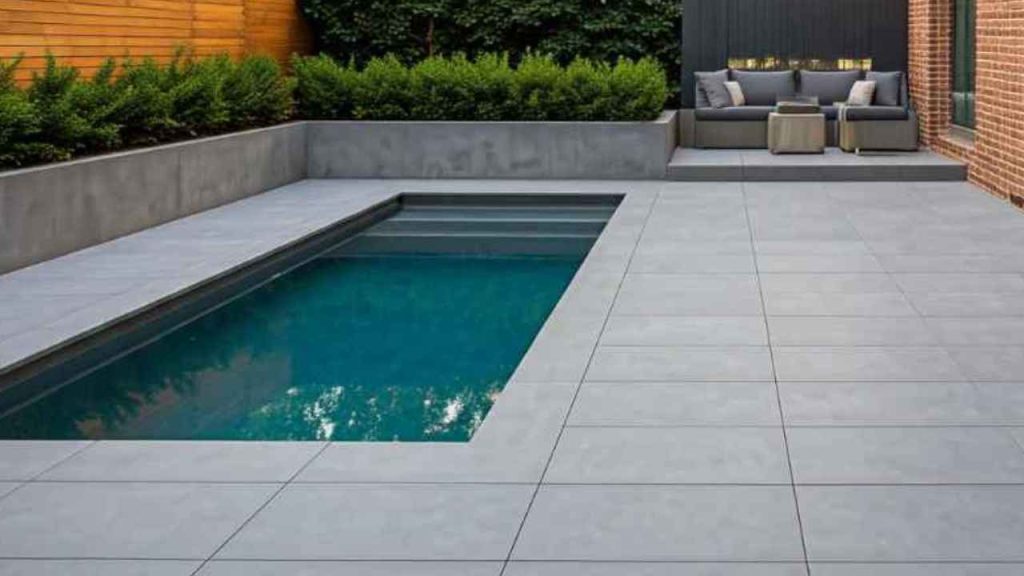
Plunge Pool vs. Full-Sized Pool: Which is Better for You?
Space Considerations
Choosing between a plunge pool and a full-sized pool depends largely on the space available in your backyard.
1. Plunge Pools:
- Perfect for urban homes and compact backyards.
- The sizes of a plunge pool range from 2 to 7 metres, leaving space for additional outdoor features like patios or gardens.
2. Full-Sized Pools:
- Require significantly more space, making them better suited for larger suburban properties.
- Offer more room for swimming and entertaining, but take up most of the outdoor area.
Cost and Maintenance Comparison
| Feature | Plunge Pool | Full-Sized Pool |
|---|---|---|
| Installation Cost | $8,000 – $80,000+ | $50,000 – $100,000+ |
| Maintenance Costs | Lower due to smaller size and water usage | Higher due to larger size and water requirements |
| Upgrades | Affordable customisations (jets, heating) | Costly due to larger scale |
Conclusion
A plunge pool is a practical and affordable addition to any Melbourne home. It provides relaxation, fitness options, and entertainment in a compact design. By understanding costs, features, and maintenance, you can make an informed decision that fits your budget and lifestyle.
At Plunge Pools Melbourne, we specialise in creating high-quality plunge pools that transform backyards into personal retreats. Contact your trusted plunge pool builders in Melbourne today to get a free quote.
Ready to transform your backyard with a custom plunge pool?
Let’s get started!
Book a Consultation ➔What’s Next?
Now that you understand the costs and considerations for installing a plunge pool, it’s time to make sure you enjoy it comfortably. Check out our tips on how to keep your plunge pool cool even during Melbourne’s hottest days.
Frequently Asked Questions
1. Are there government rebates or incentives for plunge pools in Victoria?
Government rebates or incentives specifically for plunge pools in Victoria are limited. However, eco-friendly features like energy-efficient heating systems or solar panels may qualify for renewable energy rebates under the Victorian Energy Upgrades (VEU) scheme.
Homeowners adding water-saving features to their plunge pools may also align with local council sustainability initiatives. While direct financial rebates are uncommon, these measures can help reduce operating costs.
2. Do plunge pools increase property value in Melbourne?
Yes, plunge pools can increase property value in Melbourne, especially in areas with limited outdoor space. A well-designed plunge pool adds visual appeal and functionality, making homes more attractive to buyers.
3. What is the lifespan of a plunge pool in Melbourne’s climate?
The lifespan of a plunge pool in Melbourne depends on its material:
- Fibreglass Pools: Last 20–30 years with proper maintenance. They resist algae and structural damage, making them a durable option.
- Concrete Pools: Last 50+ years but require resurfacing every 10–15 years. These pools offer excellent longevity with regular upkeep.
4. What is the cheapest type of plunge pool to install in Melbourne?
Above-ground plunge pools are the most affordable option in Melbourne, with prices starting from $40,000. Fibreglass above-ground pools are cost-effective and require minimal labour since excavation isn’t needed.
DIY plunge pool kits, starting at $2,000, can further reduce costs but may pose installation challenges. Prefabricated above-ground pools provide faster installation and lower expenses, making them ideal for budget-conscious buyers.
Adding optional features like decking or landscaping enhances appearance while keeping costs manageable. In-ground pools, though more flexible in design, are significantly more expensive due to excavation and structural preparation.
5. How much does fencing around a plunge pool cost in Victoria?
Fencing is mandatory in Victoria to meet Australian safety regulations for plunge pools. The cost depends on material, design, and length:
- Average Cost: $150–$250 per metre.
- Total Cost for Small Pools: $2,000–$5,000, including gates and latches.
Popular choices include glass panels for a modern aesthetic and aluminium for budget-friendly durability. Additional installation fees may apply.
Hiring a licensed contractor ensures compliance with safety laws and prevents fines.


